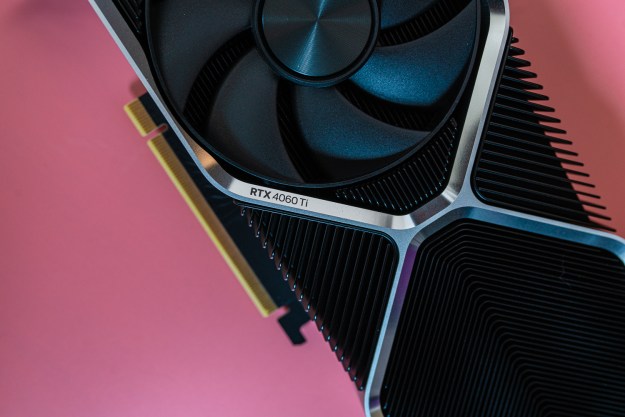You’ve heard that Burger King slogan “Have it your way,” right? Think of this keyboard as the Burger King of keyboards.
The Sonder keyboard lets you program your keys any way you’d like, and that’s not an exaggeration. You know when you’re typing and the time comes for you to dig deep into your brain and pull out some keyboard shortcuts? You don’t have to anymore. Each of the keyboard’s keys has a transparent E-ink display so you can create any icon or symbol you desire right below your fingertips.
50 of the keyboard’s 78 keys have tiny screens that can be reprogrammed with different images.
Other cool features include light-up keys and a crisp, responsive key mechanism. Sonder is compatible with a Mac, PC and even a tablet or smartphone via Bluetooth technology.

What kinds of keyboard can you create? Well, for starters you can set up QWERTY and DVORAK, English or Chinese, but the possibilities are really endless. Emoticons, Photoshop icons, even macros to eliminate those drawn out sequences of commands.
There’s a collaborative aspect to Sonder as well. Set up your keyboard to communicate with other users, and you can share keyboards in an online library or save them in the cloud for later use.
Sound great, right? There’s just one catch. It’s not actually available, yet.
Sonder’s Kickstarter campaign will launch later this year, but in the meantime you can head over to the company’s website at pre-order the keyboard. At least it won’t run you as much as some other adaptive keyboards like the Optimus Popularis.
Sonder’s original price is listed at $299, but it’s on sale for $199 if you pre-order it now, according to the company’s website.
Editors' Recommendations
- How to clean a laptop keyboard without damaging the keys
- This limited-edition SteelSeries keyboard could have been so much better
- HyperX just made your next favorite gaming keyboard
- Asus just embarrassed everyone with its new gaming keyboard
- Newegg wants you to trust ChatGPT for product reviews


